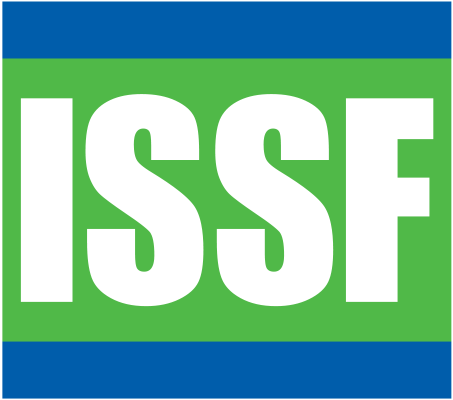
Long-handled dehookers: for turtles that have lightly ingested a hook or are externally hooked (like on a flipper) and cannot be brought on board. Dehookers minimize injury to hooked turtles and saves you time rerigging your gear. (ARC)

Short-handled dehookers: to remove lightly ingested gear from a turtle brought on board. (NOAA)

Bolt cutters, hand tools, and line clippers: for when you cannot use or do not need to use a dehooker. Long nose (“needle-nosed”) pliers are good for removing hooks that are only lightly embedded. Bolt cutters can be used to remove the barb or eye of a hook, so that the remaining metal can be easily pulled out.

Dip nets: use to bring smaller turtles on board. (D. Byron White, SCDNR, NOAA)

Tires: a good platform on which to set the turtle while dehooking, and a place to keep it safe and secure while it recovers on deck. (Paul Zoeller)

Mouth gags and openers: aid in the removal of lightly ingested hooks. These prop a turtle’s mouth open to allow removal of hooks, line or both. They can include PVC splice couplings, a wooden brush handle, a hank of rope, or even a dog’s chew toy.






